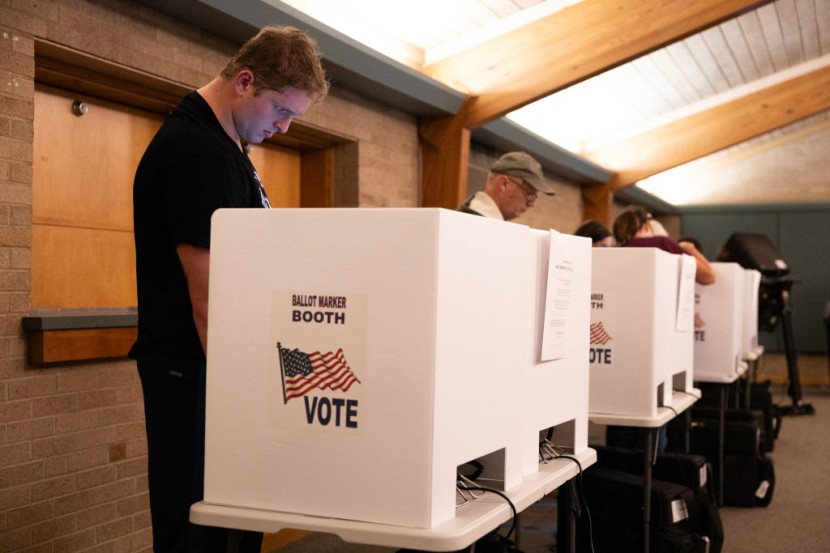A federal appeals court struck down a key tool used in the enforcement of the Voting Rights Act on Monday, potentially setting up another Supreme Court showdown over the landmark civil rights law.
The 8th US Circuit Court of Appeals ruled that private entities cannot bring lawsuits under a provision of the law, known as Section 2. If the ruling stands, it would dramatically weaken what remains of the Voting Rights Act that was passed in 1965 in an effort to counter racial discrimination in elections.
Threatening the Voting Rights Act

The judges of the appeals court made the 2-1 decision and said that the "text and structure" of the Voting Rights Act statute shows that Congress did not provide private plaintiffs the authority to sue. The panel affirmed a 2022 ruling made by a Trump-appointed federal judge in Arkansas. It held only the U.S. Justice Department can bring Section 2 lawsuits.
However, that particular ruling runs counter to decades of legal practice. The majority of cases that are brought under the Voting Rights Act are brought by private plaintiffs, with the DOJ facing strained resources and other considerations that limit how many cases it can file to only a few every year, as per CNN.
In a statement, the senior vice president of the non-partisan Campaign Legal Center, Paul Smith said that eliminating individual people's right to sue under Section 2 of the Voting Rights Act runs contrary to settled law. He added that it went against common sense and any basic concept of fairness.
Smith said that when the government itself discriminates against its people, they should have the right to fight back legally. The center had submitted a friend-of-the-court brief in the case that argues that private lawsuits are crucial to enforcing the Voting Rights Act.
The voting section of the U.S. Justice Department, which enforces federal voting laws, does not have enough lawyers to be everywhere across the country at once. The executive director of the Center for Election Innovation & Research, David Becker worked as an attorney in the DOJ's voting section during the Clinton and Bush administrations.
Federal Appeals Court Ruling
The director of the ACLU's Voting Rights Project, Sophia Lin Lakin said that the federal appeals court's ruling puts the Voting Rights Act in jeopardy. She argued that it is very cavalierly tossing aside critical protections that voters have very much fought and died for for years, according to Politico.
The court's decision originates in a racial gerrymandering case out of Arkansas where the state chapter of the NAACP and others argued that the state's legislative districts violated the Voting Rights Act. This was by diluting the voting power of Black voters.
The federal appeals court's decision is most likely going to be appealed to the Supreme Court, where the current conservative majority has issued various key decisions in the past few years that have also weakened the Voting Rights Act.
However, the justices have upheld the law in other instances, including in a ruling in June that found Alabama had drawn a racially discriminatory congressional map, said the New York Times.
Related Article: Mike Johnson Plans to Publicly Release 44K Hours of Jan. 6 Footage
© 2025 HNGN, All rights reserved. Do not reproduce without permission.








